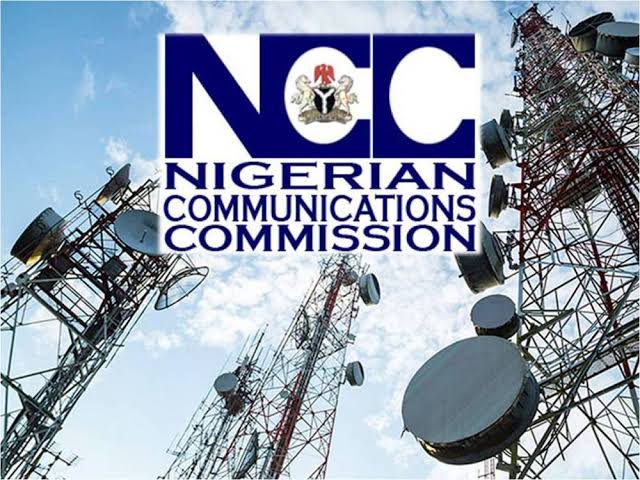By Favour Ulebor, Abuja
Over 140 million Nigerians now have access to the internet, representing a broadband penetration rate of 48.81 percent as of August 2025.
The Executive Vice Chairman of the Nigerian Communications Commission (NCC), Dr. Aminu Maida, disclosed this at the Business Roundtable on Improving Investments in Broadband Connectivity and Safeguarding Critical National Infrastructure, held at the NCC Digital Economy Complex in Abuja.
He noted that the ICT and telecommunications sector remains a major contributor to Nigeria’s Gross Domestic Product (GDP), adding that a 10 percent increase in broadband penetration could drive about 1.38 percent GDP growth in developing economies.
Maida described broadband as a key driver of productivity across all sectors — from manufacturing and education to health and security — and emphasized that connectivity is essential for national resilience.
Under the leadership of President Bola Ahmed Tinubu and the Minister of Communications, Innovation and Digital Economy, Dr. Bosun Tijani, Nigeria is pursuing the goals of the National Broadband Plan (2020–2025), which targets 70 percent broadband penetration and the deployment of 90,000 kilometres of fibre optic infrastructure nationwide.
He explained that the NCC has translated this vision into concrete actions by promoting broadband expansion, strengthening regulations, and safeguarding telecom assets through the implementation of the Critical National Information Infrastructure (CNII) Presidential Order signed by President Tinubu in June 2024.
According to him, the Order provides legal backing for the protection of telecom infrastructure and empowers law enforcement agencies to tackle vandalism, theft, and other threats.
“Today, over 140 million Nigerians are connected to the internet. This achievement reflects not just access but empowerment,” Maida said. “Millions of citizens now have the tools to learn, trade, create, and innovate. The challenge before us is to ensure that this number continues to grow while the quality and reliability of service improve.”
He added that connectivity fuels economic inclusion and competitiveness, and that efficient broadband delivery and protection are essential for Nigeria’s growth.
Maida revealed that the NCC, in collaboration with the Office of the National Security Adviser (ONSA), has set up a Telecommunications Industry Working Group to enforce the Presidential directive. He noted that ONSA has intensified efforts to curb vandalism and theft of telecom equipment nationwide.
He also highlighted progress in reducing the cost of Right of Way (RoW) fees — a key barrier to broadband rollout — noting that five additional states (Adamawa, Bauchi, Enugu, Benue, and Zamfara) have waived RoW charges entirely. This brings the total number of states with zero RoW fees to eleven, while seventeen others have capped it at N145 per metre.
The Commission’s recent approval of cost-reflective and competitive tariff rates, he added, has strengthened investor confidence, with operators committing over $1 billion toward expanding broadband coverage and capacity nationwide.
Maida further disclosed that the NCC has commissioned a wholesale fibre study to make backbone infrastructure more accessible to Internet Service Providers (ISPs), which will enhance last-mile connectivity, particularly in rural areas.
He stressed that the Commission is working with subnational governments, the judiciary, and public works agencies to promote deterrence against vandalism, coordinate infrastructure projects, and reduce costs through shared fibre routes.
Despite these gains, Maida lamented the growing challenge of infrastructure vandalism, revealing that between January and August 2025, the country recorded 19,384 fibre cuts, 3,241 equipment thefts, and over 19,000 denials of access to telecom sites.
“These disruptions cause outages, revenue losses, increased security costs, and delayed service restoration,” he said. “If we do not act decisively, our connectivity progress could be undermined by sabotage and neglect.”
Calling for stronger collaboration, Maida urged state governments to support infrastructure protection, adopt full Right of Way waivers, and align public works operations with broadband rollout to prevent accidental fibre cuts.
He announced that the NCC will soon launch two initiatives — the Ease of Doing Business Portal and the Nigeria Digital Connectivity Index (NDCI) — to assess and publish states’ digital readiness and competitiveness annually.
Maida reaffirmed the Commission’s commitment to expanding and safeguarding Nigeria’s digital infrastructure for inclusive growth.
The post Over 140 million Nigerians now have internet access — NCC appeared first on Vanguard News.

